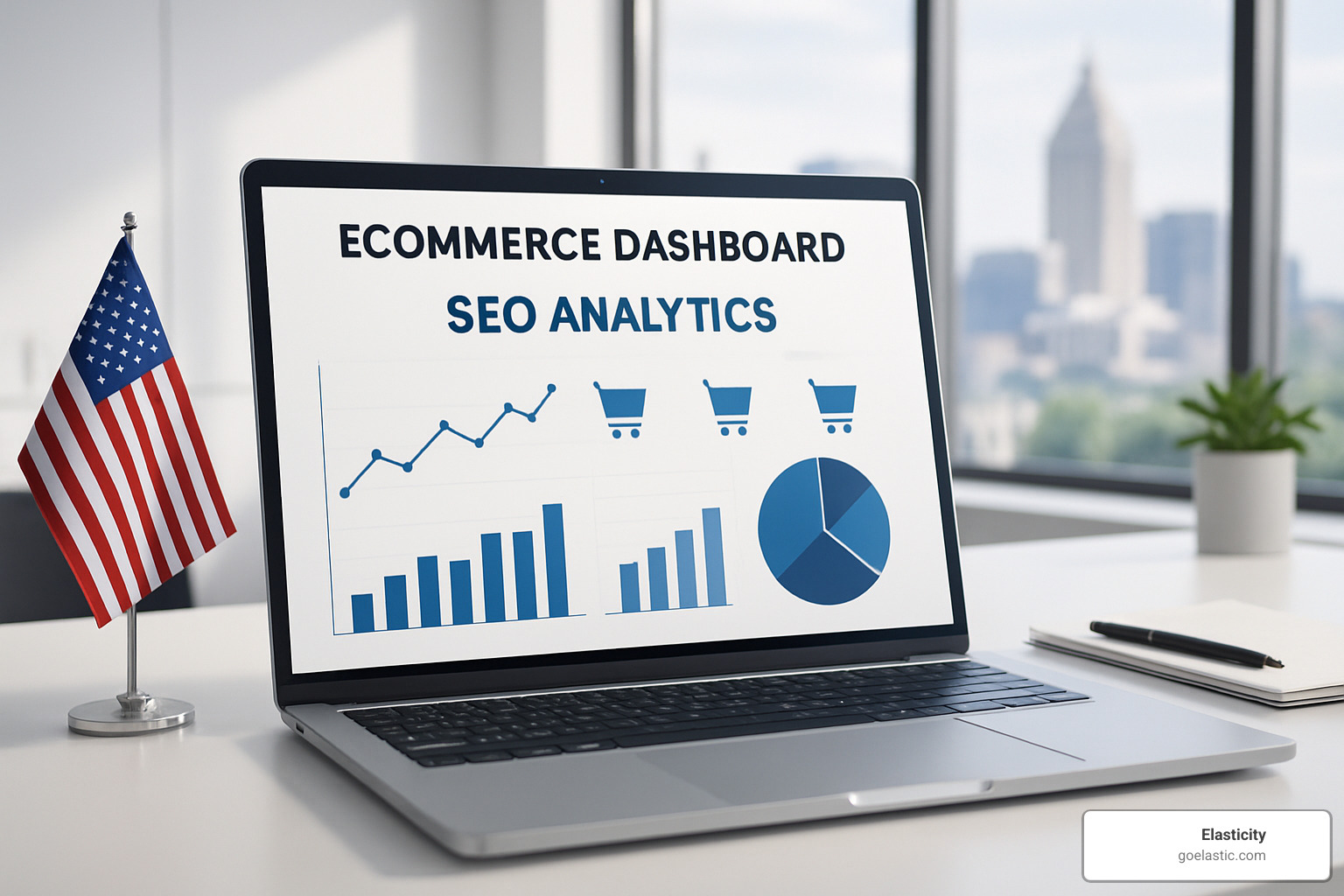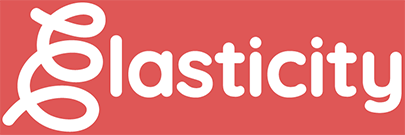Ecommerce Website SEO Packages: 10 Powerful Winning Tips 2025
Why Ecommerce Website SEO Packages Are Essential for Online Store Success
Ecommerce website SEO packages bundle every core activity you need to rank, from technical fixes to content and link building. In one retainer you typically get:
Technical SEO – speed, mobile, crawlability
Product-page optimization – keywords, descriptions, schema
Content creation – blogs, buying guides, category hubs
Link building & digital PR – authority backlinks
Analytics & reporting – track revenue, not just traffic
Why does that matter? • 49 % of shoppers start on Google • SEO converts 7× better than traditional advertising • Paid-ad costs keep rising.
Ranking organically therefore isn’t a “nice to have” – it keeps acquisition costs under control.
The challenge is scale: an online store might hold thousands of URLs, constant inventory changes, and complex faceted navigation. Generic SEO campaigns rarely cover those nuances, so purpose-built ecommerce packages have emerged to fill the gap.
The evolution mirrors how shopping habits changed. People now research deeply and compare options before buying. Detailed product content, fast mobile pages, and trustworthy reviews aren’t optional – they’re baseline expectations.
(For context, see the brief history of electronic commerce on Wikipedia.)
I’m Jen Stamulis. After a decade leading multichannel strategies for brands like Nestlé Purina, I’ve seen stores triple revenue once an ecommerce-specific SEO plan is in place. This guide condenses those lessons so you can choose the right package and avoid costly detours.
What Are Ecommerce SEO Packages & Why Do They Matter?
Imagine launching a beautiful store that no one can find. Ecommerce SEO packages fix that blind spot by making sure your catalog appears when shoppers search. Unlike “normal” SEO (a few service pages), these packages tackle thousands of products, frequent inventory swings, and shopper-focused queries such as “waterproof trail shoes under $100.”
The numbers back it up: 49 % of product findy starts on Google and 51 % of all website traffic is organic. Stores that invest in professional packages routinely see double-digit lifts in qualified traffic and conversion.
Key Differences from Standard SEO Offers
• Product-page depth – every SKU needs its own keyword research, unique description, and schema.
• Large-catalog indexing – smart sitemaps, canonical tags, and crawl-budget control.
• User experience & CRO – SEO must coexist with filters, carts, and checkout flows.
The Role of SEO in Driving Store Sales
Ranking for high-intent phrases means visitors arrive ready to buy, not just browse. That boosts conversion rates, average order value, and lifetime value while building trust through organic visibility.
Core Components of Ecommerce Website SEO Packages

Professional packages weave five pillars together:
- Technical SEO – speed, mobile UX, HTTPS, structured data.
- On-page optimization – titles, metas, 500-word+ product copy, internal links.
- Content marketing – blogs, buying guides, comparison posts.
- Authority building – digital PR, guest posts, influencer outreach.
- Analytics & iteration – dashboards that connect rankings to revenue.
These elements reinforce each other: a faster site lifts UX and rankings; rich content earns links; links raise authority for product pages.
For complex catalogs, see our deep-dive on Ecommerce Technical SEO.
Must-Have On-Page Elements
Strong keyword research, benefit-driven titles (“Nike Air Max 270 – Lightweight Cushioning”) and unique descriptions are mandatory. Smart internal links connect related products and reduce bounce.
Behind-the-Scenes Technical Tasks
Speed tuning, mobile performance, XML sitemaps, and canonical tags prevent duplicate-content cannibalization. Proper setup keeps Google crawling the pages that make you money.
Content & Authority Building
Helpful guides, UGC, and digital PR earn trust and links. White-hat only – shortcuts risk penalties that can erase traffic overnight.
Choosing the Right Package: Types, Pricing, and Timelines
Package tiers generally break down like this:
• Local – $149–$599/mo, targets city-level searches.
• National – $899–$2,199/mo, deeper content and link campaigns.
• Enterprise – $2,500 + /mo, huge catalogs, multiple domains, international intent.
• Marketplace add-ons – Amazon/eBay feed optimization.
How Pricing Is Calculated
Hours, keyword volume, competition, and geographic scope drive cost. Fashion or electronics niches, for example, need more firepower than niche B2B parts.
Expected Timeline Benchmarks
• 30–60 days – quick technical wins and early ranking bumps.
• 3–6 months – significant traffic & sales lift for priority keywords.
• 6–12 months – compounding ROI across the catalog.
Questions to Ask Before You Sign
Reporting cadence, contract length (6-month minimum is common), and performance metrics (organic revenue, not vanity rankings) should be crystal clear.
Implementation Process & Platform Tailoring
Execution rolls out in four phases:
- Month 1 – Audit & Strategy: baseline rankings, technical crawl, competitor gap analysis.
- Month 2 – On-Page & Quick Fixes: optimise top products, speed tweaks, clean errors.
- Months 3-5 – Growth Mode: publish content, launch link campaigns, refine based on data.
- Month 6+ – Scale & Iterate: expand keyword set, refresh winners, fold in CRO.
For the audit checklist, visit our Ecommerce SEO Site Audit.
Platform-Specific Notes
• Shopify – handle Liquid URL quirks, app bloat, image compression.
• WooCommerce – plugin conflicts, database cleanup, flexible schema.
• Magento – faceted navigation controls, multi-store hreflang.
• BigCommerce – capitalize on built-in SEO features, template tuning.
Continuous Growth
Regular content refreshes, steady link velocity, and CRO testing keep results climbing while email and paid campaigns amplify the organic lift.
Measuring Success & Scaling Your Investment
True success = revenue. Packages should track:
• Organic revenue & ROAS
• Conversion rate from organic sessions
• Average order value
• Customer lifetime value
Reporting Dashboards
Modern dashboards combine rank tracking with Google Analytics, tying each keyword to sales. Monthly calls turn data into action items for merch, inventory, and marketing teams.
When to Upgrade
You’re ready for a bigger package when you hit keyword saturation, launch new product lines, or move into international markets that require localized content and hreflang logic. Explore full-funnel options in our Search Marketing services.
Frequently Asked Questions about Ecommerce Website SEO Packages
When you’re considering investing in ecommerce website SEO packages, it’s natural to have questions about what to expect. These are the most common concerns I hear from store owners, along with the honest answers based on real-world experience.
How long before I see tangible sales growth?
Here’s the truth about SEO timelines – they’re not as predictable as we’d all like them to be. Timeline expectations vary significantly based on where you’re starting from and where you’re trying to go.
If your site health is solid to begin with, you might see some quick wins within the first month or two. These usually come from fixing obvious technical issues and optimizing your best-performing pages. But meaningful sales growth? That typically takes 3-6 months of consistent work.
The competitiveness of your market plays a huge role too. Selling handmade artisan jewelry? You might see results faster than someone competing in the crowded electronics space. In highly competitive markets, it can take 6-9 months before you start ranking for your most valuable keywords.
Don’t get discouraged by the timeline though. While you’re waiting for those big keyword wins, you’ll often see improvements in long-tail searches and less competitive terms within 60-90 days. These smaller victories add up and help build momentum for bigger gains later.
Are packages customizable to unique business goals?
Absolutely, and they should be. Any provider offering you a one-size-fits-all ecommerce website SEO packages solution probably isn’t the right fit for your business.
Flexibility is crucial because every online store has different challenges. Maybe you’re dealing with seasonal inventory fluctuations, or you need help with international shipping pages, or your product catalog has unique technical requirements. A good SEO package should bend to fit your needs, not the other way around.
Bespoke strategy development means your provider takes time to understand your specific industry, customer base, and business goals. They should ask questions about your profit margins, seasonal patterns, and growth plans before proposing any strategy.
The best packages offer modular approaches where you can emphasize certain areas based on your priorities. Need more focus on technical fixes? They should be able to allocate more hours there. Want to prioritize content creation for a product launch? That should be possible too.
What risks come with cheaper “guaranteed ranking” offers?
This is where you need to be really careful. When someone promises you’ll rank #1 for competitive keywords within 30 days, alarm bells should go off.
Black-hat tactics are unfortunately common among providers who make unrealistic promises or charge suspiciously low prices. These might include buying low-quality links, stuffing keywords where they don’t belong, or creating fake review profiles. You might see quick ranking improvements, but they won’t last.
The real danger is algorithmic penalties. When Google catches these manipulative tactics (and they usually do), your site can lose most of its organic traffic overnight. I’ve seen stores lose 70-80% of their search visibility from a single penalty. Recovery can take months or even years of cleanup work.
Lost traffic from penalties often costs far more than investing in legitimate SEO from the start. You’re not just losing potential sales – you’re also paying to fix the damage and rebuild your search presence from scratch.
Legitimate SEO providers focus on sustainable growth strategies that build long-term competitive advantages. They’ll talk about timelines in months, not weeks, and they’ll never guarantee specific ranking positions. Quality ecommerce website SEO packages are investments in your store’s future, not quick fixes for immediate problems.
Conclusion
Choosing the right ecommerce website SEO packages can be the difference between struggling for visibility and building a thriving online business. After working with hundreds of online stores, I’ve seen how the right SEO strategy transforms not just traffic numbers, but actual revenue and long-term growth.
The businesses that succeed aren’t necessarily the ones with the biggest budgets – they’re the ones that understand SEO as a results-driven investment rather than an expense. They choose packages that align with their specific goals, whether that’s breaking into competitive markets, expanding product lines, or simply getting found by customers who are ready to buy.
What makes the difference is focusing on long-term growth strategies that build real competitive advantages. Quick fixes and guaranteed ranking promises might sound appealing, but sustainable success comes from comprehensive optimization that improves every aspect of your store’s search performance.
The timeline might seem long – 6 to 12 months for substantial results – but consider this: while your competitors are chasing the latest marketing trends, you’re building an asset that generates qualified traffic and sales month after month, year after year.
At Elasticity, we’ve helped businesses across Denver, Los Angeles, St. Louis, and Washington D.C. find what’s possible when SEO strategy meets practical implementation. We’ve seen small stores compete with industry giants and established brands expand into new markets – all through strategic optimization that puts the customer journey first.
Your online store deserves to be found by customers who are actively searching for what you sell. The question isn’t whether SEO works – it’s whether you’re ready to invest in growth that compounds over time.
Ready to see what strategic SEO can do for your business? Explore our comprehensive Search Marketing services and find how the right approach can transform your store’s performance.


